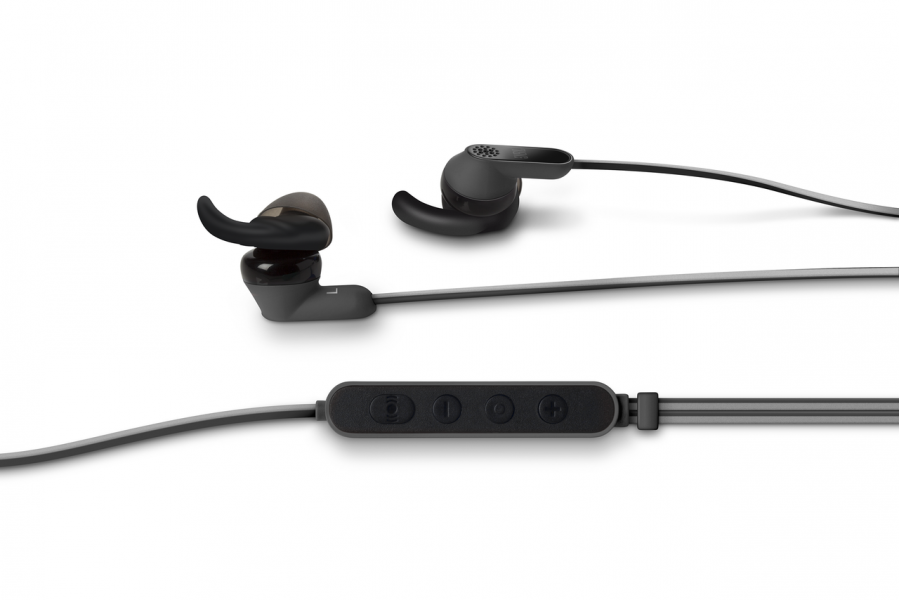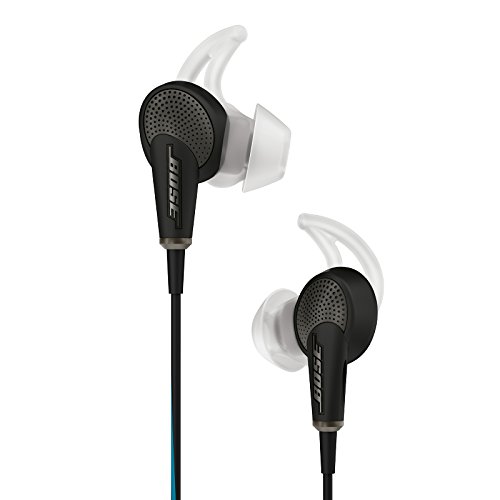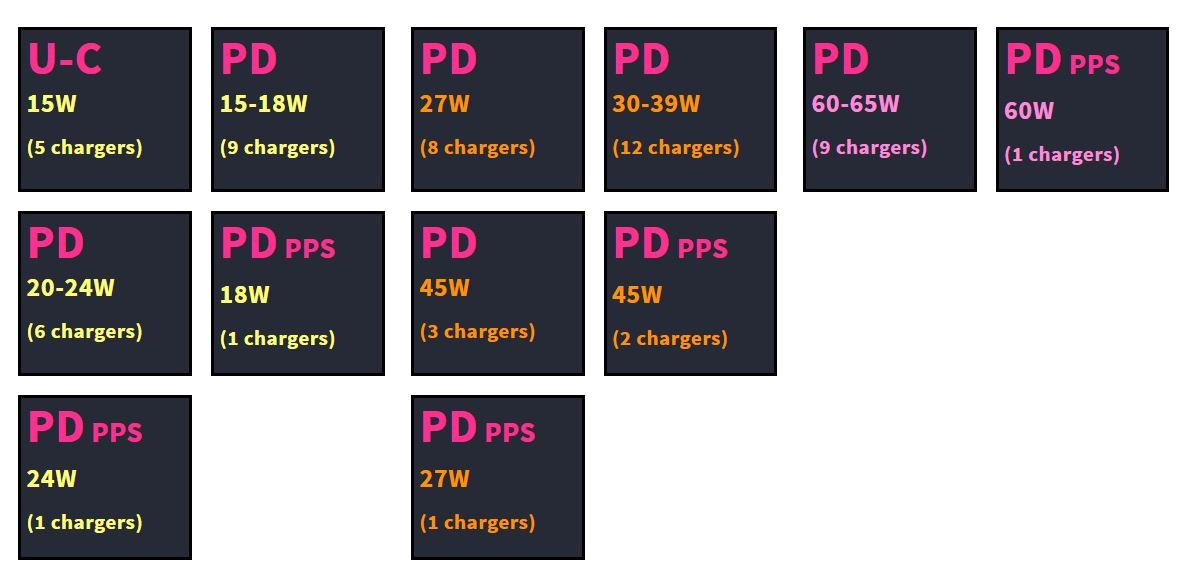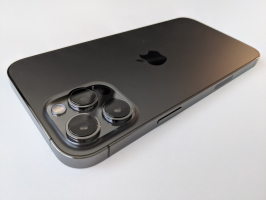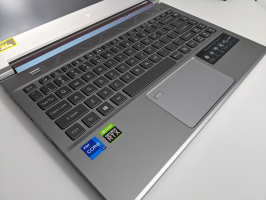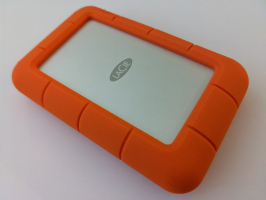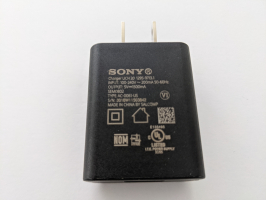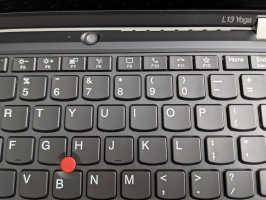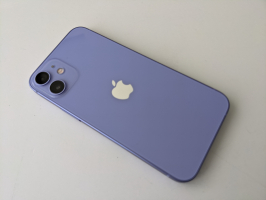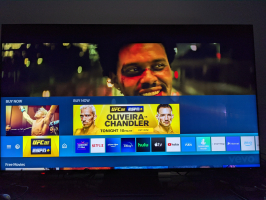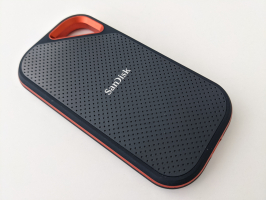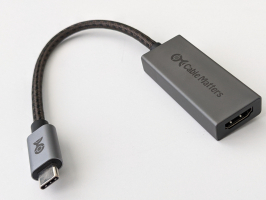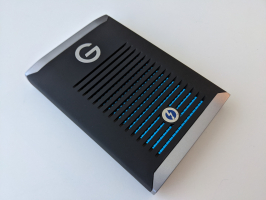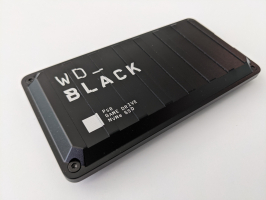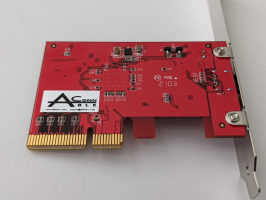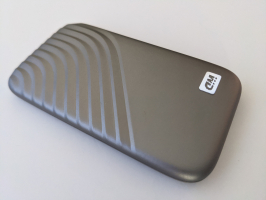The JBL Reflect Aware C USB Type-C audio headphones uses power drawn from a USB Type-C connector to power active noise cancelation circuitry. This allows the JBL Reflect Aware C to not have a separate battery to power active noise circuitry which also needs to be replaced or charged. The 3.5mm audio jack based Bose Quiet Comfort 20 is a good example of an excellent noise cancelation headset that draws very little power from your smartphone (probably in the single digit milliwatts range) but uses a rechargeable battery which adds bulk and clumsiness to the design.
Here we looked at how much power the JBL Reflect Aware C pulled from the Google Pixel phone.
When the active noise cancelation circuitry is turned on, the JBL Reflect Aware C draws about 5 volts at a range of 30 to 70 milliamps resulting in 150 to 300 milliwatts being pulled from the Google Pixel. This is probably an order of magnitude 100 times more power drawn by the 3.5mm based Bose Quiet Comfort 20.
When active noise cancelation circuitry is turned off, the JBL Reflect Aware C only draws about 5 volts at a range of 10 to 30 milliamps resulting in 50 to 150 milliwatts being pulled from the Google Pixel.
While the JBL Reflect Aware C was easier to handle than the awkward battery design of the Bose Quiet Comfort 20 which sometimes put stress on the fragile 3.5mm jack wire, we could have accepted the additional power consumption penalty if the noise cancelation effectiveness of the JBL Reflect Aware C was as good as the Bose Quiet Comfort 20. In plane settings, the Bose Quiet Comfort 20 really created a quiet effect while ambient noise was still audible with the JBL Reflect Aware C.
Also, sometimes it was still nice to just use the Bose Quiet Comfort 20 by itself to block all noise without having to plug it into a phone - something that is not possible with the JBL Reflect Aware C.
The USB Type-C connector provides a more reliable connector than the 3.5mm audio jack but hopefully over time the power consumption will continue to go down while still being able to improve the effectiveness of active noise cancelation headphones.
 GTrusted
GTrusted

